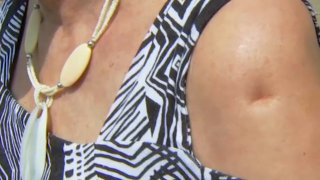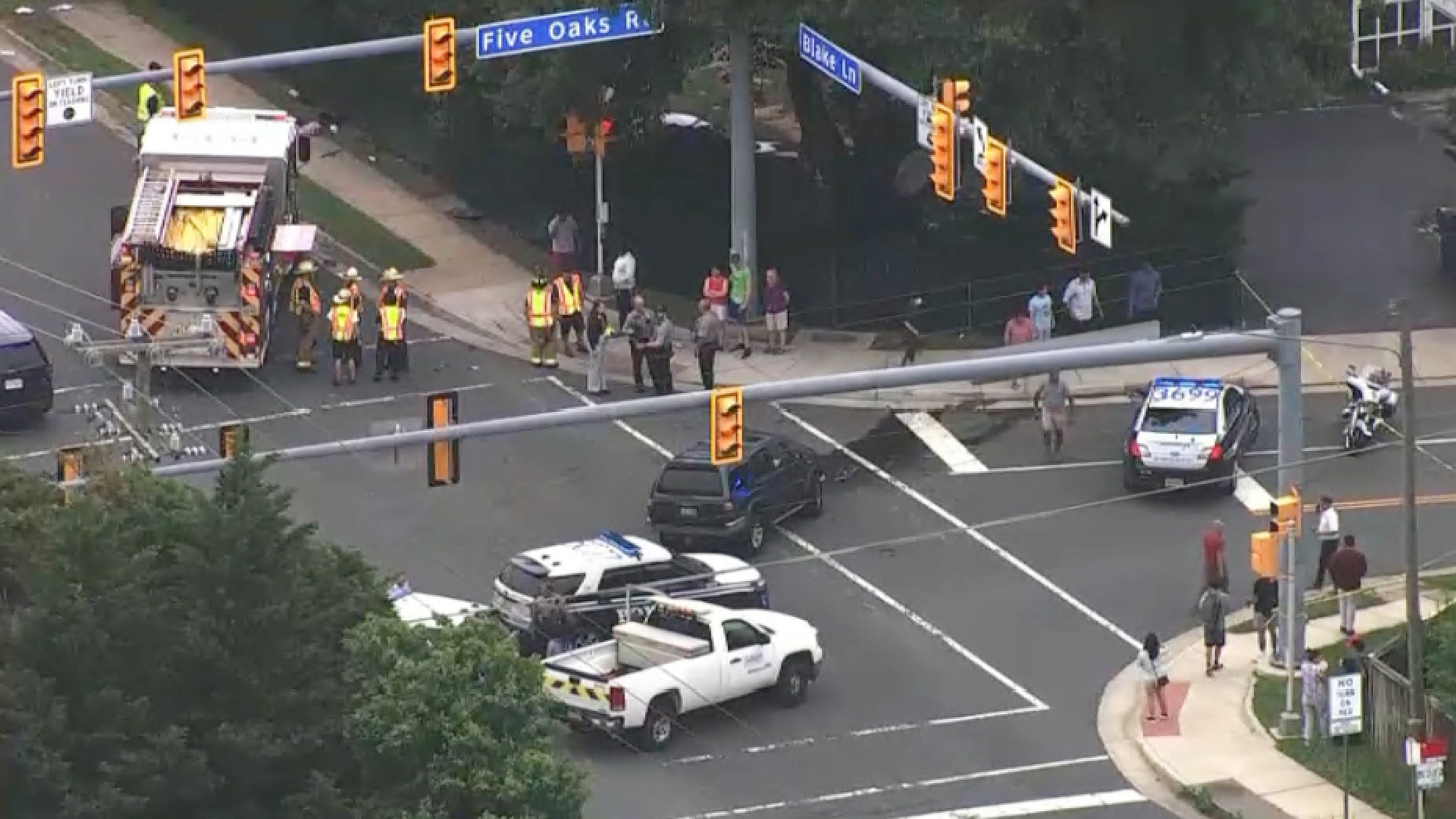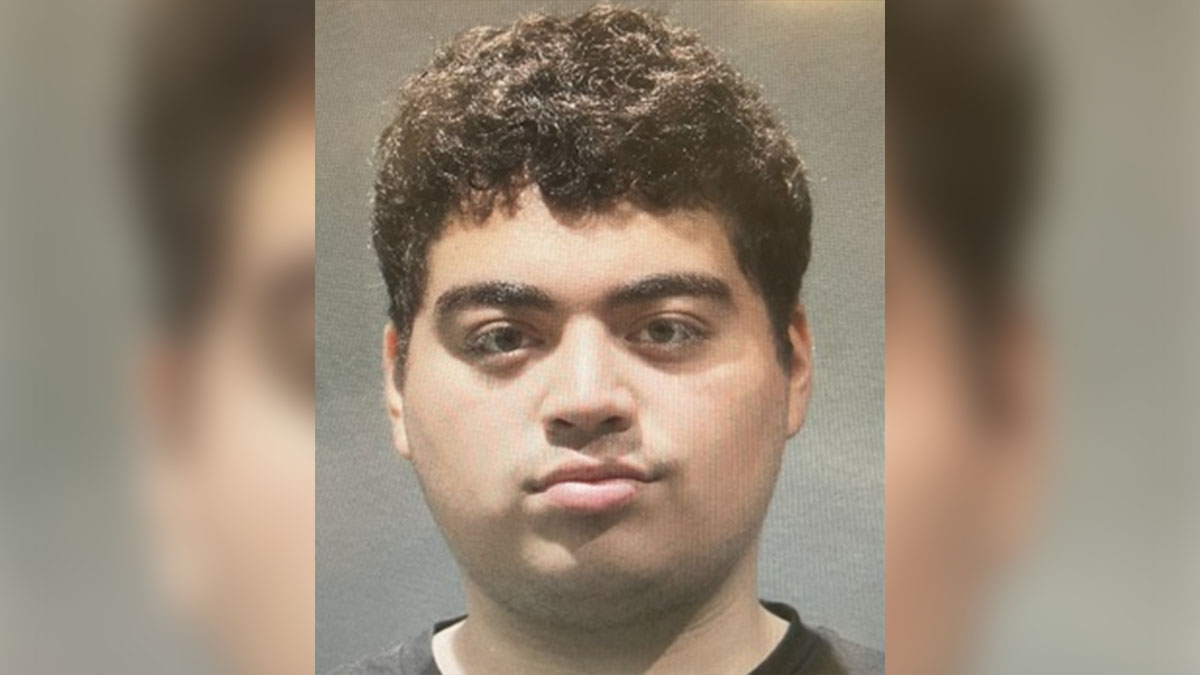
The Department of Health and Human Services is walking back an effort to remove the leading vaccine injury from a program that compensates victims.
Shoulder injury related to vaccine administration (SIRVA) happens when a shot is given too high on the arm, often causing excruciating pain and significantly limiting its use.
Former HHS Secretary Alex Azar signed the measure to limit the payouts just a day before leaving office; it was slated to take effect in February but was delayed for review by the Biden administration. According to the Federal Register, HHS will publish its notice of intent to undo the measure on Wednesday, pending a 30-day public comment period.
The intent of the initial proposal was to ease a backlog in the National Vaccine Injury Compensation Program (VICP), a multibillion-dollar fund that provides payouts to those injured by vaccines, thus preventing them from suing vaccine manufacturers and providers.
We're making it easier for you to find stories that matter with our new newsletter — The 4Front. Sign up here and get news that is important for you to your inbox.
Leah Durant, a Washington, D.C.-based attorney who specializes in vaccine injury cases, applauded the HHS's rethinking of the proposal.
"The last thing that we need to be doing right now is changing the program to take away individuals' rights to receive compensation should something go wrong," Durant told the News4 I-Team. "I think we need to be looking at policies that ensure public trust, that make folks feel comfortable with the process, and that encourage widespread vaccination."
In 2018, a News4 I-Team investigation revealed more than half of all of the new cases filed in the VICP involved SIRVA injuries. Since then, SIRVA cases have continued to rise, comprising 62% of the new cases filed in 2020.
Local
Washington, D.C., Maryland and Virginia local news, events and information
In the first five months of fiscal year 2021, SIRVA cases jumped exponentially as attorneys around the country rushed to file claims on behalf of injured clients before the HHS proposal took effect.
Data obtained by the I-Team shows at least 1,259 SIRVA cases have already been filed in FY 2021, which represents 83% of the total cases filed so far this year. By comparison, there were 739 SIRVA cases filed in all of FY 2020.
Prior to its halting, the measure would have required injured people to prove causation, making it harder to prove their case and receive compensation.
Durant said the new rule would have made the years-long backlog in the VICP even worse by lengthening the time spent on each SIRVA case.
"We're just looking at a process that will be much longer, much more difficult, require much more evidence. And at the end of the day, we're talking about a program that's main goal is to compensate people and to compensate them expeditiously," Durant said.
An HHS spokesperson declined to comment on the new action to rescind the proposed change, which noted several questions about the procedure involved in the original effort. Opponents called the timing of the proposal “suspicious” since it was during a pandemic when vaccine makers and health care providers were focused on the emergency.
The withdrawal notice also cites a hasty approval process, questioning whether there was adequate time to review the hundreds of public comments filed in opposition, and a failure by HHS to explain its reasoning for the change when requested by an Advisory Committee on Childhood Vaccines, which ultimately voted not to support the measure.
The number of SIRVA injuries is also expected to rise sharply as hundreds of millions of COVID-19 vaccine shots are administered, said Durant, adding that some states have expanded rules regarding who can administer the COVID-19 shots to include medical professionals with less vaccination experience.
To avoid SIRVA, the Centers for Disease Control and Prevention recommends both the patient and vaccine administrator be at the same level, either both seated or both standing.
"I've spoken to people who have gone to these mass vaccine sites ... They're basically drive-through sites where they hang their arm out of the window," said Durant.
Currently, any adverse reactions resulting from a COVID-19 vaccine are not eligible for the VICP, they are instead directed to a lesser-used administrative program called the Countermeasures Injury Compensation Program, or CICP.
The CICP has only paid 29 claims since its inception; roughly 92% of the claims filed have been rejected. The CICP, which handles injuries related to federally declared public emergencies, also lacks the transparency of the VICP, which makes its claims and adjudications public through the U.S. Court of Federal Claims.
"I think there's no question that the Vaccine Injury Compensation Program is a far superior program to the Countermeasures Program. It's tested, it's been vetted, it's paid out many, many claims, and we know how it works," said Durant.
Durant said COVID-19 vaccines might eventually become eligible for the VICP if they become recommended for routine use in children. That was a requirement set forth by Congress when it created the VICP decades ago. The COVID-19 vaccine would also need to add a 75-cent excise tax, which funds the VICP payouts.



